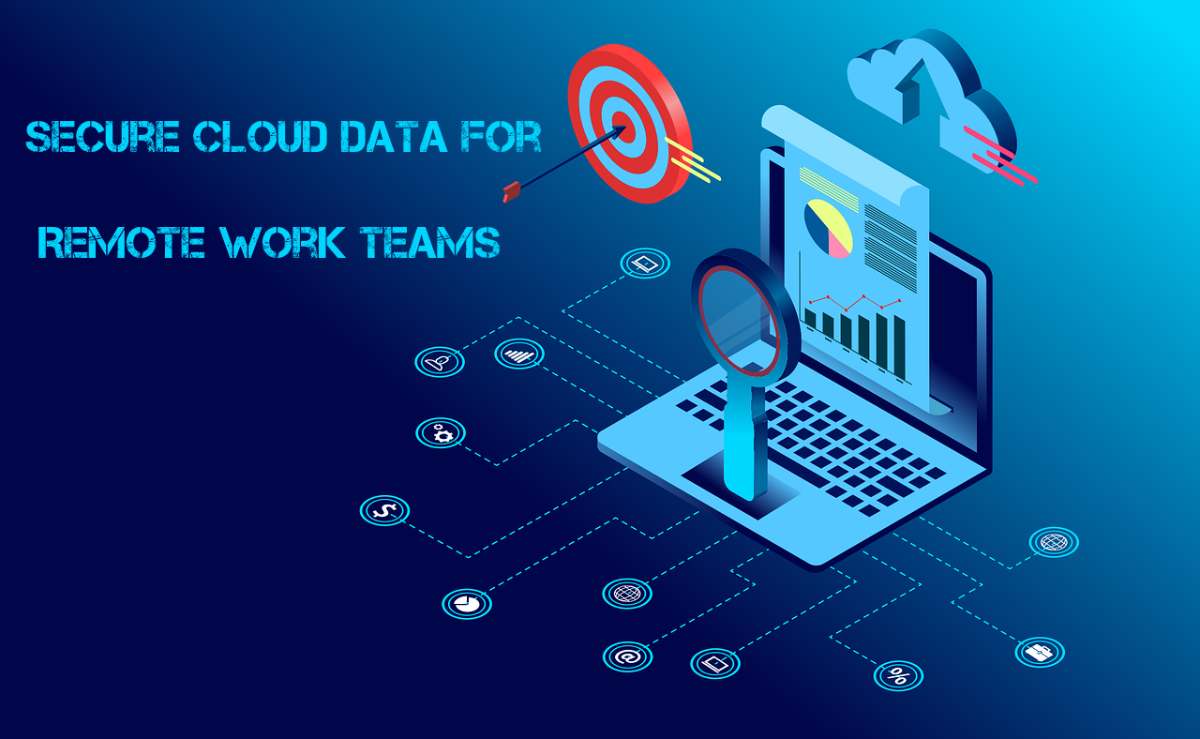
Hey there, tech enthusiasts!
Let’s dive into the world of cloud security for remote teams.
In today’s digital landscape, keeping your data safe is crucial.
Cloud Data Security for Remote Teams
Cloud data security for remote teams is about protecting your digital info when your crew works from anywhere.
It’s like putting a force field around your company’s online stuff.
Think of it as building a virtual fortress for your data.
So, how do we lock down our cloud data when everyone’s working from their couch?
Let’s break it down.
1. Start with Strong Authentication
First things first: passwords are so yesterday.
Use multi-factor authentication (MFA) for all cloud accounts.
It’s like adding an extra deadbolt to your digital door.
Pro tip: Consider using biometric authentication for an extra layer of security.
2. Encrypt Everything
Seriously, encrypt it all.
Data at rest? Encrypt it.
Data in transit? Yep, encrypt that too.
It’s like putting your data in an unbreakable secret code.
3. Train Your Team
Your team is your first line of defense.
Teach them about phishing, social engineering, and safe browsing habits.
Regular training sessions keep everyone on their toes.
Remember: A well-informed team is a secure team.
4. Use Virtual Private Networks (VPNs)
VPNs are your best friend for remote work.
They create a secure tunnel through which your data can travel.
For your information, it’s like having a private highway.
5. Implement Least Privilege Access
Give people access to only what they need.
It’s the digital equivalent of a “need-to-know” basis.
It limits potential damage if an account is compromised.
6. Regular Security Audits
Keep an eye on your system.
Regular audits help spot vulnerabilities before they become problems.
Think of it as a health check-up for your cloud security.
7. Update and Patch Regularly
Keep your software up-to-date.
Cybercriminals love outdated software.
Could you not give them an easy way in?
8. Backup Your Data
Always have a backup plan.
Regular backups ensure you can recover if things go south.
It’s your safety net in the digital trapeze act.
FAQs:
Q: How often should we change passwords?
A: Aim for every 3-6 months, but use a password manager to make it easier.
Q: What’s the best VPN for remote teams?
A: It depends on your needs, but look for ones with solid encryption and a no-logs policy.
Q: Can we use public Wi-Fi for work?
A: It’s best to avoid it, but always use a VPN if you must.
Q: How do we handle former employees’ access?
A: Have a transparent offboarding process that immediately revokes all access.
Remember, securing cloud data for remote teams isn’t a one-and-done deal.
It’s an ongoing process that requires vigilance and adaptation.
Stay sharp, stay secure, and keep your cloud data safe!
Wrap up
Alright, let’s wrap this up!
Securing cloud data for remote teams isn’t rocket science, but it’s super important.
Remember, it’s all about balance.
You want to be secure, but not at the cost of getting work done.
Stay vigilant, keep learning, and don’t let the bad guys win.
Your data’s counting on you!
Please keep it safe out there in the digital Wild West.
And hey, if you ever feel lost, just come back to these tips.
You’ve got this!
